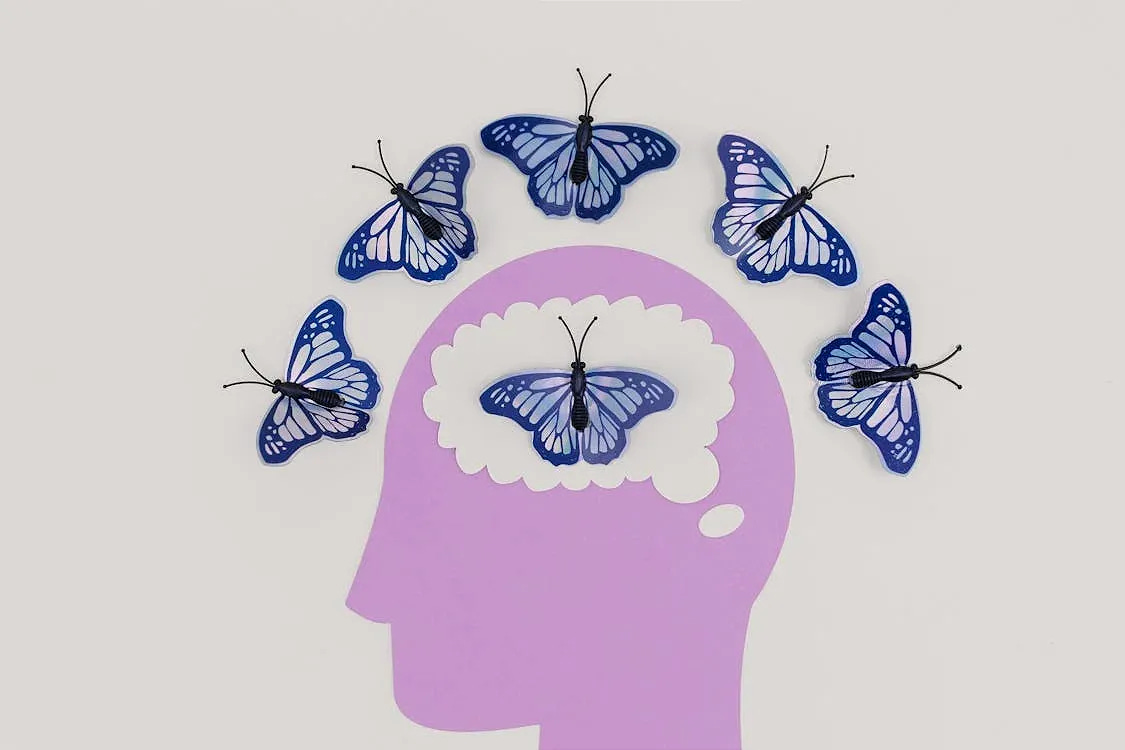Incongruency is like a design flaw in a machine, but in human beings we might call it a soul-level problem that can be a great hindrance. I mean it can cause us not to function very well, be confused at our core, and appear to others as disingenuous and deceptive. An incongruent person is someone who does not understand themselves and certainly cannot “be themselves.”
Can you imagine yourself completely unfettered by human perceptions? Can you think of how you would be if no other person’s point of view affected you and what you want to do?
That is hard. That might be impossible. It seems to do what I ask, a person must not engage with any other and live isolated. That is what I am thinking right now. So maybe a better question is: Who would you be, and how would you act, with as little interference as possible from other human beings?




